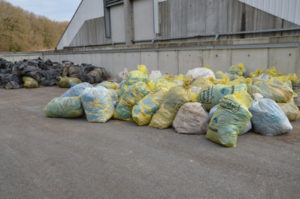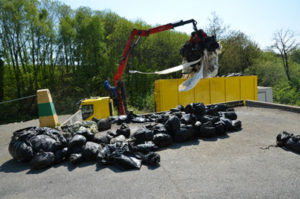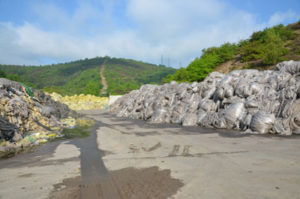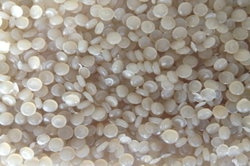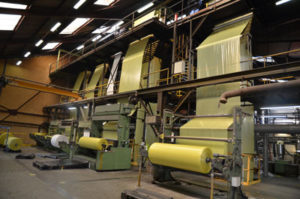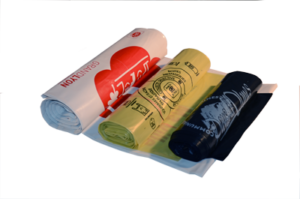APE Europe missions, objectives, Intensive Ecological Agriculture & Circular Economy
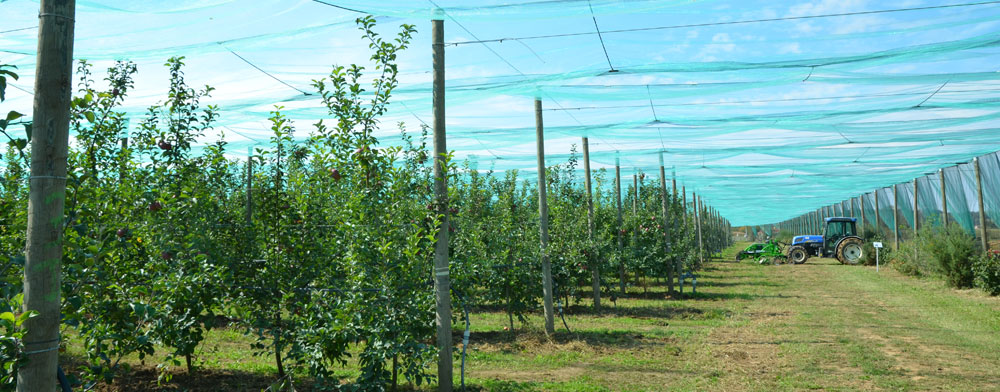
APE Europe clearly aims at a cleaner environment, higher crop productivity and supplementary jobs everywhere in Europe.
APE Europe missions: 2 missions & 1 focus
Regarding 2022, APE Europe clearly aims at a cleaner environment, higher crop productivity and supplementary jobs everywhere in Europe.
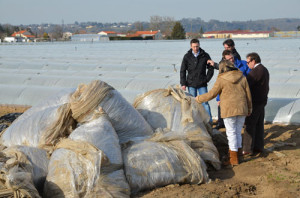
the target will be to collect and recycle around 70 % of used agricultural plastics all across Europe.
Therefore, APE Europe members concentrate on two key missions that are intimately connected:
• promotion of plastic products usage in European agriculture
• development of national collecting schemes (NCS) for the recovery
and recycling of used agricultural plastics in all European countries
Those two missions mean an ambitious focus which must be also realistic enough to be successful:
• At the end of this decade, the target will be to collect and recycle around 70 % of used agricultural plastics all across Europe.
APE Europe missions: development, best-practices, standards
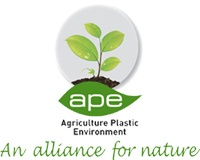 Plastic & agriculture: alliance for nature
Plastic & agriculture: alliance for nature
APE Europe missions. Secure, clean, efficient and recyclable, agricultural plastics are an auxiliary for the farmer, the grower and their natural environment: Agri-plastics improve the yield, reduce inputs, protect the soil and, when collected, are recyclable: used agri-plastics are a resource Europe.
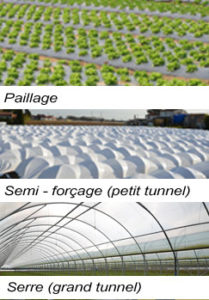
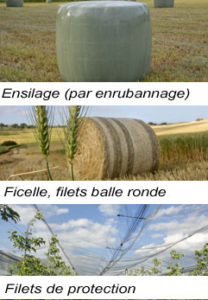 APE Europe supports all action to:
APE Europe supports all action to:
• Develop the use of non-packaging agri-plastics applications in Europe
• Inform farmers and the public on the various advantages of agri-plastics
• Share and disseminate technical, scientific experience and good practices
• Support R&D projects for a sustainable agriculture in Europe through agri-plastics
• Develop products’ eco-conception
APE Europe supports the development and implementation of National Collecting Schemes (NCS) for the used agri-plastics waste in each country.
APE Europe missions: therefore, APE Europe provides the market with:
• An evaluation of the existing local schemes
• A technical and scientific support
• A monitoring and management tool for National Collecting Schemes
• R&D support for better recovery and recycling
Safeguarding crops
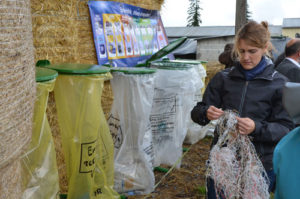 An efficient and cleaner farm in Europe
An efficient and cleaner farm in Europe
Promoting agricultural plastics solutions and NCS for used plastic products are the two faces of the same goal: safeguarding European crops.
Agri-plastic: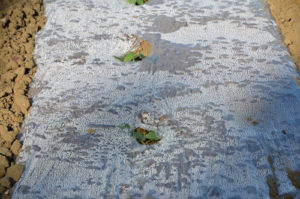
• Increase crops quantities & qualities
• Protect production
By reducing the consumption of water, pesticides and fertilizers, agri-plastics are a real ally for the farmer and the environment.
When collected, agri-plastics are fully recyclable.
APE Europe supports the development and implementation of National Collecting Schemes to provide farmers and growers with solutions for their agri-plastics waste management.
Improve recovery schemes
A priority job, a win-win policy :
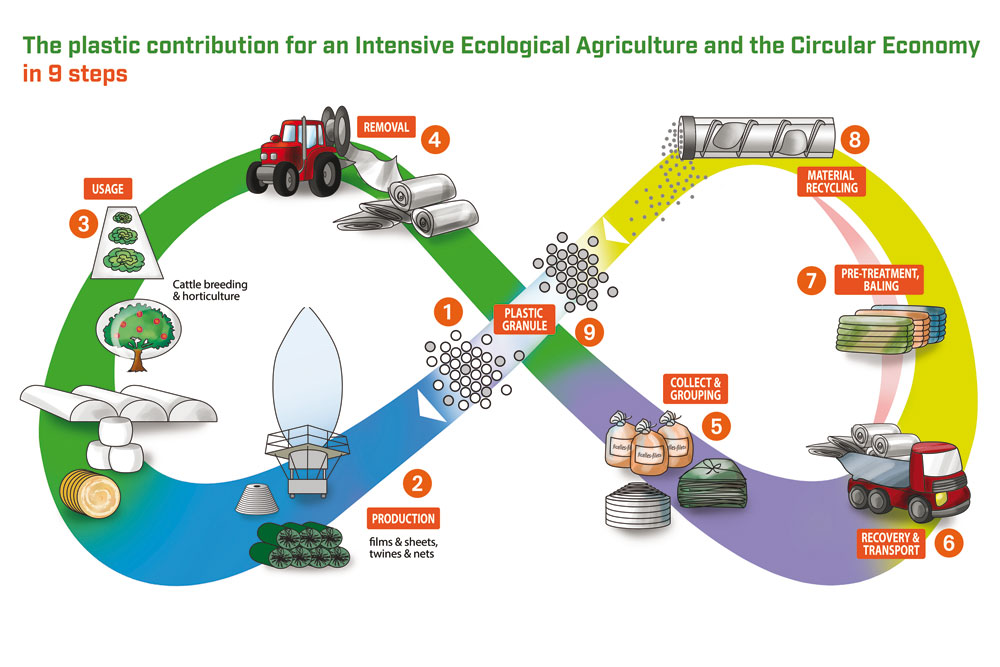
Agriculture Ecologiquement Intensive – AEI et Economie Circulaire – EC (Schéma de Prncipe)
APE Europe considers agri-plastics wastes recovery as a priority to:
• Deliver expected solutions to farmers and growers
• Avoid plastic waste dispersion
• Reduce damages to the environment
• Give a better image to the agri-plastic industry
Recovering agri-plastics waste is a win-win policy for industry and farmers
Collected, agri-plastics is a resource for recycling:
• Recycled and turned into new plastic products
• A primacy resource for Europe
• Sustain European recycling capacities and jobs expansion
With European collecting rate of 31%, APE Europe is dedicated to raise it to 70%
within 10 years by:
• Encouraging the implementation of new NCS all over Europe
• Diffusing good practice and technical knowledge
• Issuing recommendation to local industry and public authorities
• Encouraging R&D
Promote recycling
A need for a better recycling rate in Europe
The European Commission issued in 2013 the consultation “Green Paper”, about plastic waste management.
The Green Paper is part of the global revision of waste regulation, which completed in 2014 and contribute to a more efficient and sustainable development by:
• Reducing imports of raw material
• Reducing greenhouse gas emissions
• Creating jobs
Among the different topics recommended by the Green Paper, APE Europe welcomes:
• Improved recycling and energy recovery
• Banning landfill
• Plastic waste as a resource
• Development of recycling in Europe
• Encouraging eco-conception
APE Europe shares the same strategic guideline by promoting implementation of National Collecting Scheme (NCS) all over Europe, based on the Extended Producer Responsibility, as a shared responsibility among economic partners: farmers, distributors and producers. APE Europe is in favour of voluntary commitment bringing more efficiency in terms of results (quantities and costs)
NCS means: better collecting rate, higher volumes, regular amounts, higher qualities, reduced CO2
To learn more about the Green Paper: http://ec.europa.eu/environment/consultations/plastic_waste_en.htm
A ten-year plan
To increase the collected volume of agricultural used plastics, APE Europe proposes a ten-year plan increased to enable collecting rate on agri-plastics waste in Europe.
2012 – 2017:
During these five years, APE Europe members will lead several actions. For example, they will:
• create and feed operational statistical tools
• monitor the development of national schemes
• contribute to finalising the most advanced national schemes to get the highest collecting rate
• support any initiatives available in the less committed countries
2017 – 2022:
• finalize the national schemes in the less prepared countries
• collect and recycle the highest volume of used plastics, around 70 %, everywhere in Europe
APE Europe will also encourage any R&D research into cleaner products that are easier to be recovered and recycled.
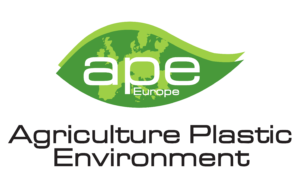
Missions & objectives
Members – organization – activities
European regulation – National collecting schemes (NCS)
APE Europe members only (restricted area)
Comité français des Plastiques en Agriculture (CPA)
Agriculture Plastique & Environnement (APE France)
La charte 100% APE

